Search
Research
Children's CancersCancers in children are very different from cancers in adults - in most cases they appear to strike simply at random. They also develop differently and can spread more rapidly and aggressively. And because cancers in children are not obviously linked to their lifestyles, much work is needed to pinpoint their cause.

News & Events
Pioneering technique opens new window on first week of lifeAn international team of researchers has pioneered a technique which gives unprecedented insight into the dramatic changes occurring in a baby’s body in the first week of life.
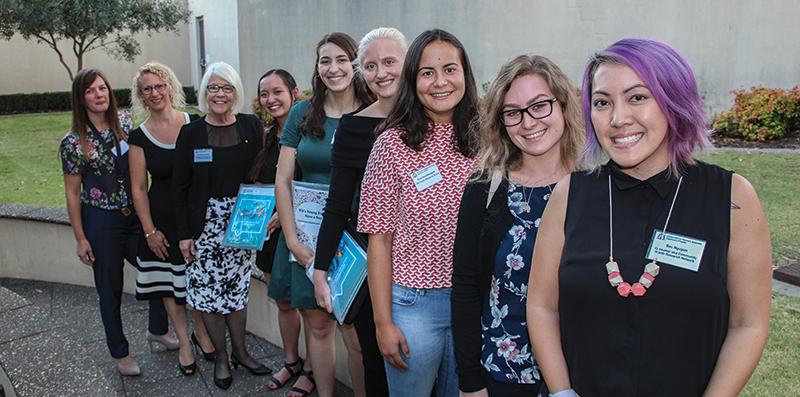
News & Events
Setting research goals hand in hand with the communityThe Kids Research Institute Australia has long been recognised for the research it produces. But the way the Institute collaborates with the community – asking what they most want or need to know about and tailoring research to deliver those outcomes – is also leading the way.

News & Events
Why should all primary school aged kids get a free flu vaccine this winter?With COVID-19 being a major issue this year, is it still important to have a flu vaccine? And why have school aged children been included for a free vaccine?
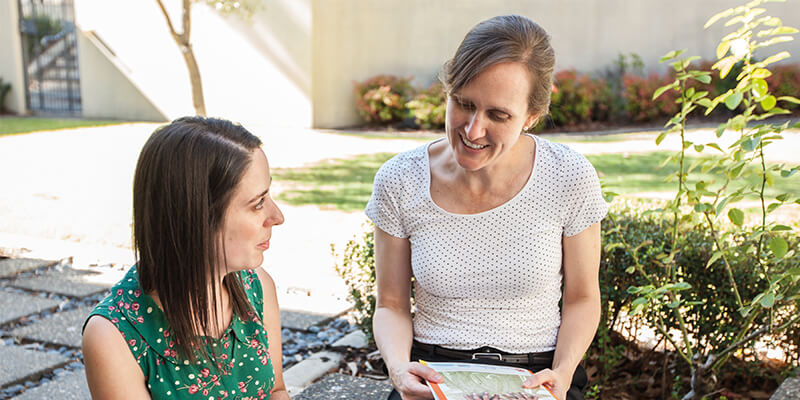
News & Events
New national guideline set to tackle skin infectionsWhen health organisations in the north-west of WA requested urgent action to address the region’s high rate of skin infections, Dr Asha Bowen answered the call.
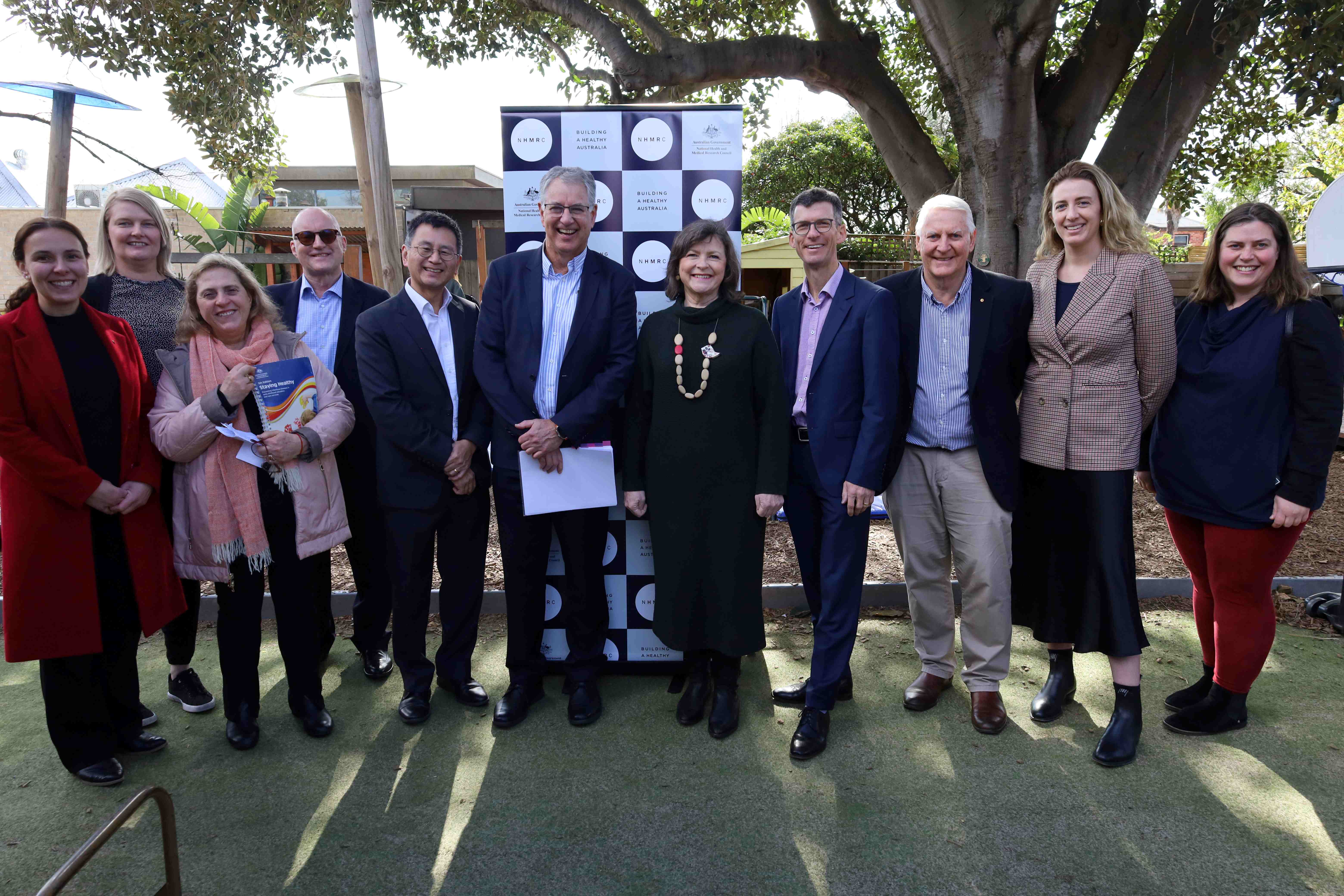
News & Events
Latest infectious disease guidelines aim to keep childcare ‘bug-free’The National Health and Medical Research Council (NHMRC) has launched their sixth edition of Staying healthy: Preventing infectious diseases in early childhood education and care services in a bid to tackle the transmission of germs amongst young kids.
Contact us If you'd like to get in touch, please contact us by phone or email. Phone: 0400 450 240 Email: vtg@thekids.org.au PAEDS Paediatric Active
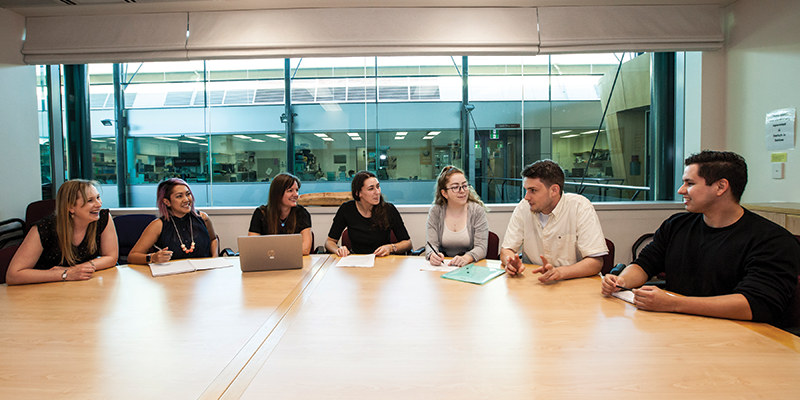
News & Events
Youthful voices happy to be heardTwenty-year-old Emma Wignell, a proud member of The Kids Research Institute Australia Youth Advisory Committee, was one of the dozens of young Western Australians involved in the community conversations which helped shape the State’s first Youth Health Policy.
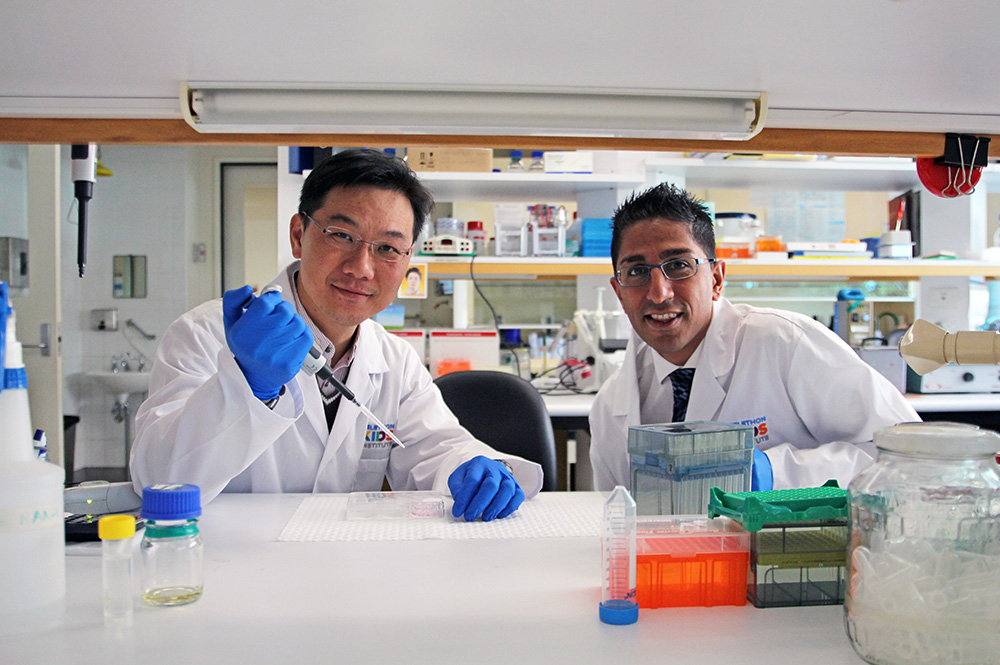
News & Events
Bone density treatment found to slow the progression of leukaemiaThe Kids Research Institute Australia researchers may have unlocked a vital key to reducing the progression of leukaemia in children, potentially prompting a change in thinking around the best way to target treatment.

News & Events
Researchers receive crucial near miss fundingCongratulations to three outstanding The Kids Research Institute Australia researchers who have received second chance WA health funding designed to support researchers who have narrowly missed out on highly competitive national funding.
